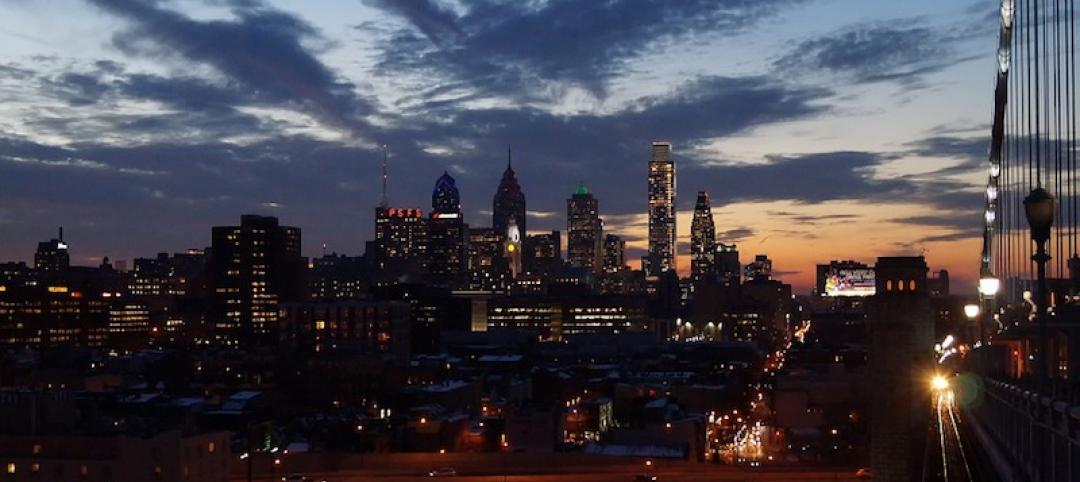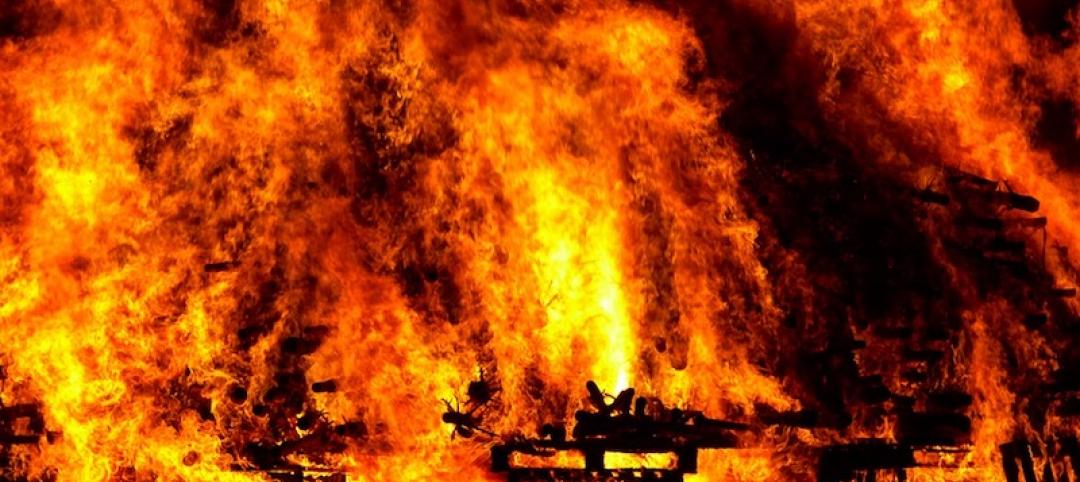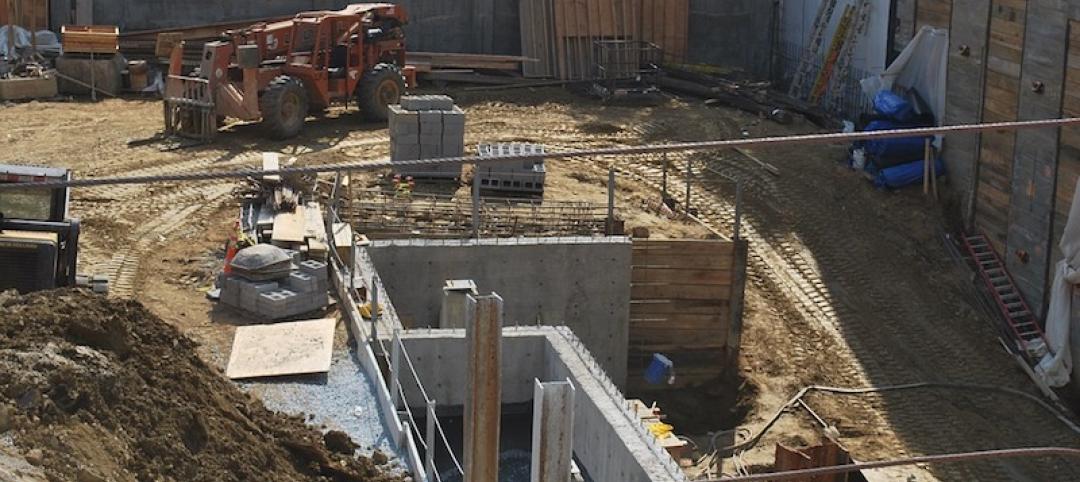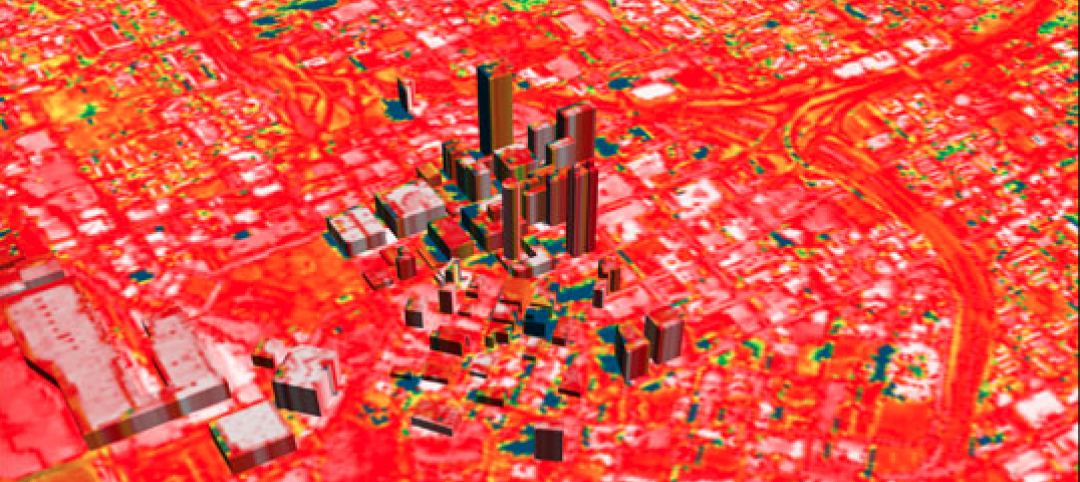The Washington D.C. Council recently passed legislation that will make it more expensive for owners to hold vacant or blighted property.
The Vacant Property Enforcement Act of 2016 reduces the maximum amount of time a vacant property can qualify for an exemption from higher vacancy tax rates. It also closes a loophole that allows continuous renewal of construction permits to qualify for tax exemptions, and require owners of vacant properties to prove they are no longer subject to the higher tax rates.
"The District has a substantial number of vacant properties, many of which are poorly maintained,” the bill report says. "Property owners may keep their properties vacant or fail to maintain them because they expect property values to rise over time. Poorly maintained and vacant properties can damage surrounding communities by being eyesores, by serving a venue for drug use and by providing a home for rodents or other animals. The net effect is to reduce the feeling of a cohesive community and depress surrounding property values."
The legislation reduces the time an owner can claim an exemption from higher taxes because of construction to one year for residential properties and to two years for commercial properties. Fines for failing to comply with city property regulations will rise from $1,000 to $5,000.
Related Stories
Codes and Standards | Aug 21, 2018
First mass timber panel made from structural composite lumber gets APA certification
Said to be much more cost effective than CLT options.
Codes and Standards | Aug 17, 2018
Zoning changes can be crucial to filling large, empty retail spaces
Alternative uses often require action by local officials.
Codes and Standards | Aug 16, 2018
Nearly a quarter of opioid overdose deaths attributable to construction workers
Massachusetts public health study finds pressure to work in pain contributes to problem.
Codes and Standards | Aug 15, 2018
ICC creates new committee on building safety and security
Will include experts from many different disciplines.
Codes and Standards | Aug 14, 2018
Philadelphia adopts 2018 IECC energy code, while state opts for 2015 code
City is one of the first jurisdictions to adopt newest code.
Codes and Standards | Aug 9, 2018
Denver’s goal of 100% renewable energy by 2030 includes net zero energy buildings
Community solar programs for low income residents part of plan.
Codes and Standards | Aug 8, 2018
Too much parking in U.S. cities proving costly
As car ownership rates drop, excess parking seems more wasteful.
Codes and Standards | Aug 7, 2018
International Fire Safety Standards (IFSS) Coalition created
Professional associations and building standards organizations join forces.
Codes and Standards | Jul 31, 2018
Workers allegedly held in captivity by construction subcontractor in San Jose pay theft case
Contractor pays $250,000 in back wages in Dept. of Labor enforcement action.
Codes and Standards | Jul 17, 2018
Heat island effect can turn deadly in extreme conditions
Of all the impacts of global climate change, it’s extreme heat that kills more Americans each year than any other weather-related event.

















